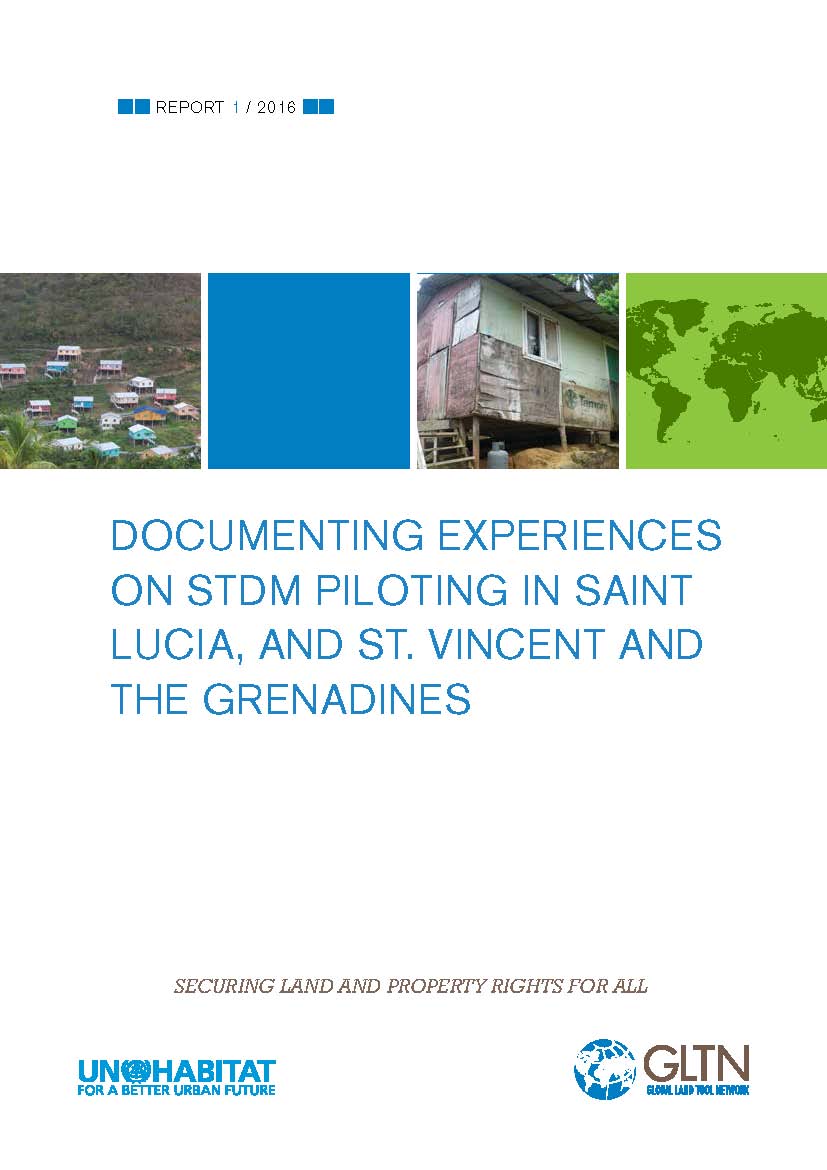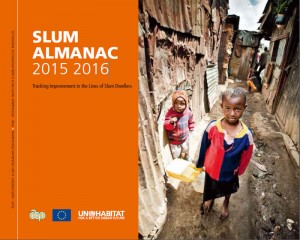Location
UN-Habitat is the United Nations programme working towards a better urban future.
Its mission is to promote socially and environmentally sustainable human settlements development and the achievement of adequate shelter for all. Cities are facing unprecedented demographic, environmental, economic, social and spatial challenges. There has been a phenomenal shift towards urbanization, with 6 out of every 10 people in the world expected to reside in urban areas by 2030. Over 90 per cent of this growth will take place in Africa, Asia, Latin America, and the Caribbean. In the absence of effective urban planning, the consequences of this rapid urbanization will be dramatic. In many places around the world, the effects can already be felt: lack of proper housing and growth of slums, inadequate and out-dated infrastructure – be it roads, public transport, water, sanitation, or electricity – escalating poverty and unemployment, safety and crime problems, pollution and health issues, as well as poorly managed natural or man-made disasters and other catastrophes due to the effects of climate change. Mindsets, policies, and approaches towards urbanization need to change in order for the growth of cities and urban areas to be turned into opportunities that will leave nobody behind. UN-Habitat, the United Nations programme for human settlements, is at the helm of that change, assuming a natural leadership and catalytic role in urban matters. Mandated by the UN General Assembly in 1978 to address the issues of urban growth, it is a knowledgeable institution on urban development processes, and understands the aspirations of cities and their residents. For close to forty years, UN-Habitat has been working in human settlements throughout the world, focusing on building a brighter future for villages, towns, and cities of all sizes. Because of these four decades of extensive experience, from the highest levels of policy to a range of specific technical issues, UN-Habitat has gained a unique and a universally acknowledged expertise in all things urban. This has placed UN-Habitat in the best position to provide answers and achievable solutions to the current challenges faced by our cities. UN-Habitat is capitalizing on its experience and position to work with partners in order to formulate the urban vision of tomorrow. It works to ensure that cities become inclusive and affordable drivers of economic growth and social development.
Members:
Resources
Displaying 116 - 120 of 223Fit-For-Purpose Land Administration
The FFP approach provides a new, innovative and pragmatic solution to land administration focused on developing countries, where current land administration solutions are not delivering.
Documenting Experiences on STDM Piloting in St. Lucia & St. Vincent and The Grenadines
Land administration is defined as the acquisition, maintenance and dissemination of information on the ownership, value and use of land. This information is necessary to support land policy implementation. Besides being complete and current, land administration systems – including the information contained within the systems and the processes used for their establishment and maintenance - should ideally be transparent, accessible, simple and low-cost to efficiently and effectively allocate land fairly to citizens.
SLUM ALMANAC 2015 2016
Inequalities are linked with poverty and sustainable development, and have patently hindered development and stalled progress. Acting together, these inequalities further entrench the deprivation suffered by certain groups and individuals and manifest themselves clearly in the way space is used. The fight against inequality requires the establishment of a new governance paradigm which coordinates efforts, strengthens formal coordination mechanisms, establishes joint responsibilities and provides the resources and incentives necessary at every level of government.
Land Tenure Security in Selected Countries - Global Report (ENG 2015)
In this publication, the issue of tenure security is addressed and assessed in several countries where government, civil society, the private sector and development cooperation initiatives have been implemented for decades. The selected case studies from fifteen countries in Africa, Asia and Latin America ensure not only a eographic balance but they also represent countries with different socio-economic and land-related histories and that have followed different pathways. The studies’ key findings underline the still precarious state of tenure security in many countries.
Regional Learning Workshop on Land and Natural Resources Tenure Security in East and Southern Africa Final Proceedings, 30 June - 2 July 2015, Nairobi, Kenya
This publication is the summary of the proceedings of the Regional Learning Workshop on ‘Land and Natural Resources Tenure Security’ held in Nairobi, Kenya from 30th June -2nd July 2015 as jointly organized by UN-Habitat/Global Land Tool Network and International Fund for Agricultural Development (IFAD).


